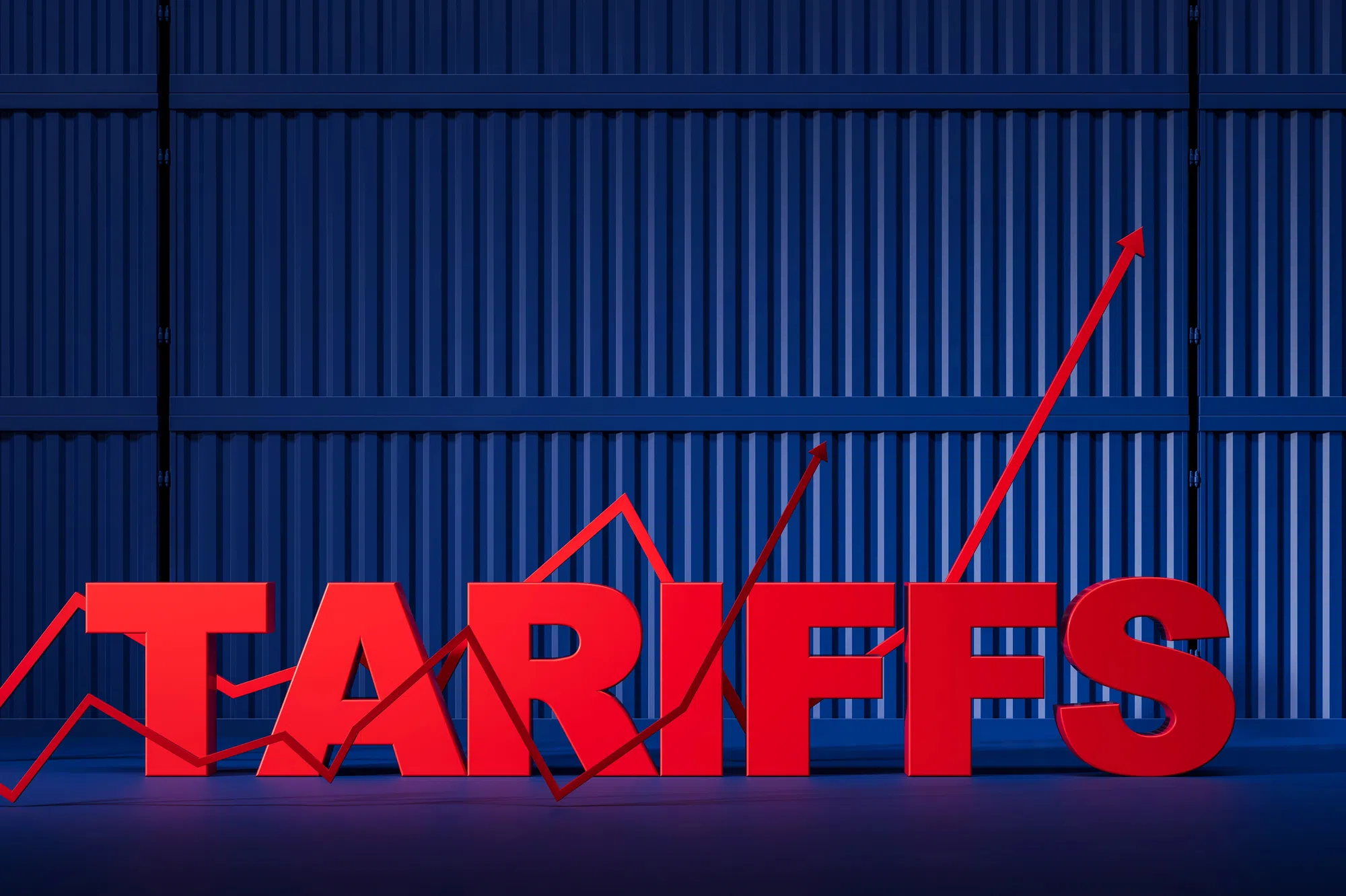
denisismagilov / Depositphotos.com
U.S. President Donald Trump signed an order implementing varying tariffs against more than 50 countries, with a ten per cent minimum on Wednesday. China was hit by an additional 34 per cent tariff while the European Union is facing a 20 per cent tariff. All of the new duties will go into effect next week.
Canada avoid tariffs in this round, but Prime Minister Carney says the White House has left the door open for future trade measures. He made this comment to reporters after a meeting with Premiers on Thursday morning.
Audio PlayerCarney did not include agriculture in his initial remarks to the media on Wednesday afternoon. Trump did mention in his lengthy speech what he termed as “high tariffs” against imports of U.S. dairy products into Canada—so that could be one possible area of action.
Trump will finally meet face-to-face with Canada’s Prime Minister—either Mark Carney or Pierre Poilievre—early next month
Audio PlayerAs of Thursday afternoon, there were no announcements of tariffs being placed on U.S agricultural products by other countries. China has vowed to retaliate after another 34 per cent of tariffs were placed on top of the 20 per cent already in effect. The European Union (EU) is facing a 20 per cent duty. France’s president is calling on EU companies to suspend investment in the United States. Other trading partners, including South Korea, Mexico and India, said they would hold off for now as they seek concessions. Canada placed a reciprocal tariff on autos to match the one from the United States, but it will not include parts.
Global stock markets fell sharply on Thursday. The Dow Jones Industrial Average in New York dropped 1,679 points, or four per cent. The S & P is now down nearly 12 per cent from its record highs in February.






















